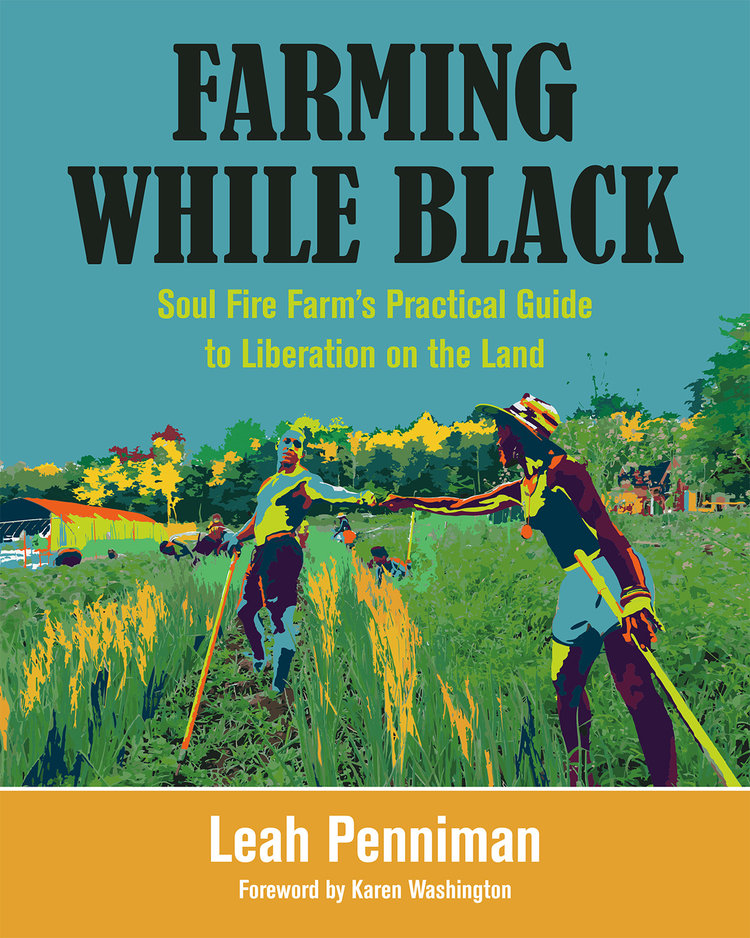As part of the Food Justice Scholar-Activist/Activist-Scholar (FJSAAS) community of practice, colleagues Robin Lovell, Sahil Patni, Angelika Winner and I set out to answer the question: can small-scale regenerative agriculture feed the world? We conducted a literature review of academic articles published from 2007 to present and created an annotated bibliography for Soul Fire Farm, a black, indigenous, and people of colour-centered community farm in upstate New York. Here is a brief summary of what we found:
A review of the literature written between 2007 and 2020 indicates that small-scale regenerative agriculture can indeed feed the world, but would require economic, dietary, policy, and cultural shifts. In terms of yields, smallholder farming already accounts for well over half of the world’s food supply. Additionally, while conventional (industrial) forms of agriculture have previously been thought to be more efficient, current research has found that organic production can have greater yields in various contexts. Local and organic farming can also be more resilient to shocks and a changing climate, which can support a more reliable food supply over time. However, while it is technically possible to continue to produce the calories needed for a growing global population through small-scale regenerative agriculture, there are social, economic, and political barriers that need to be addressed. Small-scale organic farming alone can only provide enough calories with a dietary shift away from animal products such as meat and dairy, and if inequities in food distribution can be eliminated. The reduction of food waste also needs to be prioritized. Furthermore, in many places around the world, local and organic food is often more expensive and therefore only accessible to privileged groups. As such, in order for alternative agriculture to feed the world, we need to address underlying inequalities, such as class, gender, race, and educational disparities. Additionally, organic forms of agriculture tend to be labor-intensive. This is a major concern when scaling up alternative food production in a just way, given that many organic farms depend on cheap or voluntary labor. It is also argued that producer and consumer networks must be strengthened in order for small-scale regenerative agriculture to successfully reach all groups of people over the short and long terms. Finally, in order to feed the world, alternative agricultural initiatives need to be scaled up or massified through social organization and mobilization of participating producers and consumers, the horizontal dialog of knowledge, and favorable public policies. Overall, based on this review, it is arguable that the potential of small-scale regenerative agriculture to feed the world is promising. This is particularly so when considering the additional benefits that this type of food production can provide.
For more information about the FJSAAS community of practice, visit our website.
For more information about Soul Fire Farm, visit their website, or check out their book, Farming While Black.

